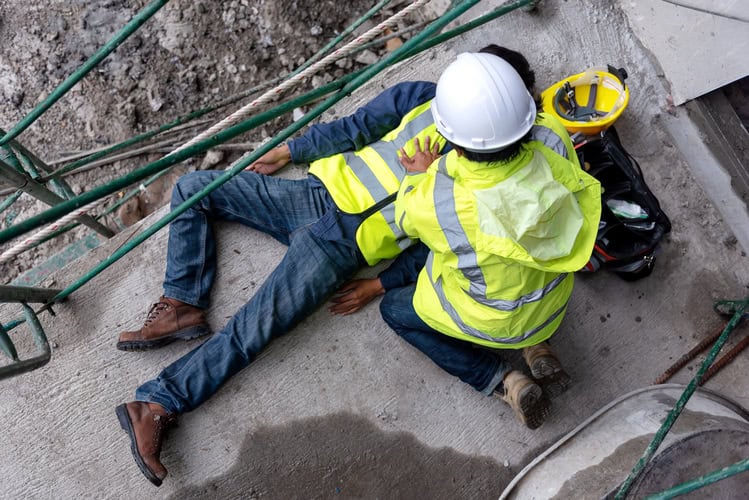When you or a loved one is injured on the job in Colorado, you expect that workers’ compensation benefits will help cover medical care, lost wages, and possibly permanent disability. But what happens if the injured worker passes away before the case is resolved—due to an unrelated cause? Will the claim continue? Will the family receive any benefits?
At Kaplan Morrell, we help injured workers and their families understand the often-complicated relationship between workplace injuries, unrelated deaths, and workers’ compensation benefits. Below we explain what typically happens, as well as important exceptions that can still entitle a family to compensation.
What Happens to Workers’ Compensation Benefits After an Unrelated Death?
In Colorado, a workers’ compensation claim is built around certain core benefits, including:
- Medical care
- Temporary disability payments (lost wages)
- Permanent partial disability (PPD) payments
- Vocational rehabilitation (in some cases)
- Disfigurement benefits
Here’s how it breaks down:
- Medical Benefits: No further medical care will be needed, so no new bills are generated. However, any unpaid medical expenses incurred prior to death must still be covered by the workers’ compensation insurance carrier.
- Lost Wages (Temporary Disability): Temporary disability benefits stop because the worker is no longer alive to suffer wage loss. The insurance company is not required to pay temporary disability after the date of death.
- Permanent Partial Disability (PPD): If the injured worker was receiving PPD payments—which are paid bi-weekly over time based on a permanent impairment rating—those benefits generally end at the time of death. Unpaid future PPD benefits are not paid to the estate unless the death is related to the work injury.
In most cases, unless the death is causally connected to the original work injury, the workers’ compensation claim dies with the worker.
When Can an Unrelated Death Be Considered Related to a Work Injury?
There are key exceptions to this general rule—situations where a death that seems unrelated at first glance is actually connected to the original workplace injury and therefore covered under workers’ compensation.
1. Death During Travel to or from Medical Treatment
If an injured worker dies in a car accident while traveling to or from authorized medical treatment for their work injury, the death may be covered under workers’ compensation. This is because Colorado law treats medical appointments related to the work injury as part of the course and scope of employment.
In this case, the family may be entitled to:
- Death benefits (ongoing financial support for dependents)
- Coverage of medical and burial expenses
2. Death as a Result of Work Injury Treatment
If death occurs as a direct result of medical care for the work injury—such as complications from surgery, an adverse reaction to medication, or infection—then the death is considered work-related. This also includes situations where the work injury weakens the individual, leading to complications that contribute to death.
In these tragic cases, the surviving dependents have the right to claim workers’ compensation death benefits.
3. Suicide Connected to Work Injury
Though painful to discuss, we have seen cases where a worker develops severe depression or PTSD as a direct result of their work injury, leading to suicide. Under Colorado law, if the psychological harm was caused or worsened by the work injury, the resulting suicide can be treated as a compensable work-related death.
We have successfully represented families in these devastating cases, ensuring that the surviving spouse, children, or other dependents receive the benefits they are entitled to.
What Benefits Are Available for Work-Related Deaths?
If a death is found to be work-related—either directly or through one of the exceptions above—Colorado workers’ compensation provides:
- Weekly death benefits to eligible dependents (spouse, minor children, or other dependents)
- Medical benefits covering treatment up to the date of death
- Funeral and burial expenses, typically up to a capped amount set by law
The amount of the death benefit is generally based on the worker’s average weekly wage at the time of the original injury.
Why Legal Representation Matters in These Cases
Workers’ compensation claims involving unrelated deaths are often complex, fact-dependent, and highly contested. Insurance companies may quickly deny claims, arguing there’s no link between the death and the work injury. Yet in many cases, small but important facts can make the difference between denial and approval.
At Kaplan Morrell, we:
- Thoroughly investigate the cause of death
- Analyze medical records and legal precedent
- Advocate for the rights of surviving family members
No family should have to face this difficult situation alone—or risk missing out on the financial support they may desperately need. Call us at 303-780-7329 for a free, confidential consultation.


